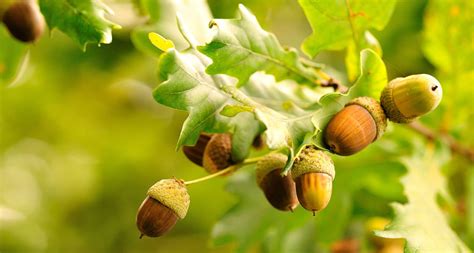|
home | what's new | other sites | contact | about |
||
|
Word Gems exploring self-realization, sacred personhood, and full humanity
Causation and Induction
Editor's 1-Minute Essay: Causation and Induction
Winston Churchill, The Story of the Malakand Field Force: “I pass with relief from the tossing sea of Cause and Theory to the firm ground of Result and Fact.” Baruch Spinoza: “Those who wish to seek out the cause of miracles and to understand the things of nature as philosophers, and not to stare at them in astonishment like fools, are soon considered heretical and impious, and proclaimed as such by those whom the mob adores as the interpreters of nature and the gods. For these men know that, once ignorance is put aside, that wonderment would be taken away, which is the only means by which their authority is preserved.” Douglas Adams: “The complexities of cause and effect defy analysis.” Thomas Sowell: “One of the first things taught in introductory statistics textbooks is that correlation is not causation. It is also one of the first things forgotten.” Nate Silver: “Most of you will have heard the maxim ‘correlation does not imply causation.’ Just because two variables have a statistical relationship with each other does not mean that one is responsible for the other. For instance, ice cream sales and forest fires are correlated because both occur more often in the summer heat. But there is no causation; you don't light a patch of the Montana brush on fire when you buy a pint of Haagan-Dazs.” S.T. Joshi, God's Defenders: What They Believe and Why They Are Wrong: “God's existence needs to be established independently before he can be brought into account for causation; it cannot be assumed at the start.” David Harvey: “it is always dangerous to treat simultaneity as causation” Demetri Martin: “I have never been in a bad mood and near a beach ball at the same time. Causation? Correlation? Or fate?” Robert Frost: “Keats mourned that the rainbow, which as a boy had been for him a magic thing, had lost its glory because the physicists had found it resulted merely from the refraction of the sunlight by the raindrops. Yet knowledge of its causation could not spoil the rainbow for me. I am sure that it is not given to man to be omniscient. There will always be something left to know, something to excite the imagination of the poet and those attuned to the great world in which they live.” Henry E. Niles: “'Causation' has been popularly used to express the condition of association, when applied to natural phenomena. There is no philosophical basis for giving it a wider meaning than partial or absolute association. In no case has it been proved that there is an inherent necessity in the laws of nature. Causation is correlation... [P]erfect correlation, when based upon sufficient experience, is causation in the scientific sense.” John Stuart Mill: “The Law of Causation, the recognition of which is the main pillar of inductive science, is but the familiar truth that invariability of succession is found by observation to obtain between every fact in nature and some other fact which has preceded it.” Aminatta Forna: “I’m a scientist, I should never have used the word coincidence. There’s less synchronicity and more causality than we often think. Things happen. Sometimes in ways we couldn’t even start to imagine.” Daniel Kahneman: “Statistical results with a causal interpretation have a stronger effect on our thinking than non-causal information. But even compelling causal statistics will not change long-held beliefs or beliefs rooted in personal experience.” David Hume: "The only immediate utility of all sciences, is to teach us, how to control and regulate future events by their causes. Our thoughts and enquiries are, therefore, every moment, employed about this relation: Yet so imperfect are the ideas which we form concerning it, that it is impossible to give any just definition of cause, except what is drawn from something extraneous and foreign to it. Similar objects are always conjoined with similar. Of this we have experience. Suitably to this experience, therefore, we may define a cause to be an object, followed by another, and where all the objects similar to the first are followed by objects similar to the second. Or in other words where, if the first object had not been, the second never existed."
|
||
|
|
